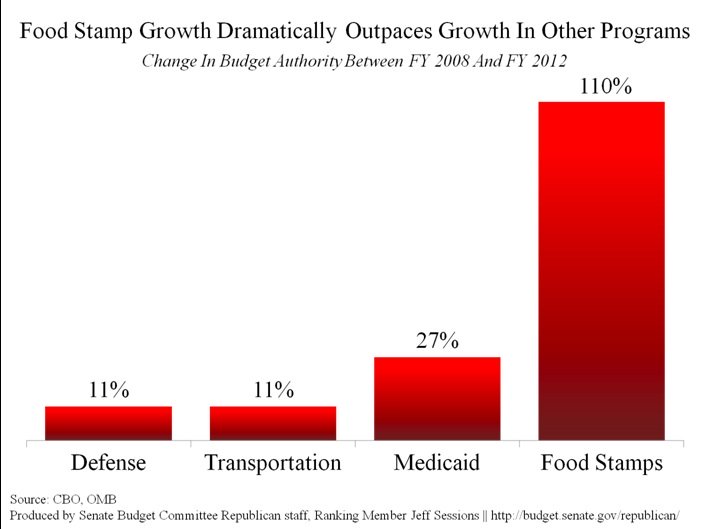Two purchasing managers indexes for China fell in May, and Indonesia had its first trade deficit in nearly two years, while the Republic of Korea’s exports fell for a third straight month. Nomura Securities’ chief Asia economist, Rob Subbaraman, attributed this in part to “The crisis in Europe.” The debt crisis is having two effects in Asia: European banks are husbanding their resources for domestic and European commitment, and so they are only able to extend less credit in Asia—including for trade finance. Moreover, the crisis is reducing European demand for Asian goods and services directly.
Within Europe, the debt crisis is becoming a self-fulfilling prophecy. Heineken NV, for instance, worried about its euro holdings in a Greece that might leave the euro zone (and convert those euros to drachmas of sometime value), is taking its cash out of Greece and the euro zone altogether, which creates liquidity problems for Greece and the euro zone. Of course, Heineken isn’t that big, but their move is typical of a whole lot of businesses that, in their aggregate, approach being big enough. Additionally, Greek companies are starting to max out their existing credit lines and then expatriating the cash. Other businesses, in both the non-financial and the financial arenas, are making similar moves in anticipation of a Greek departure. This caution by everyone is part of the pathway through which the debt crisis is contributing to a slowing European economy—and to a reduced demand for Chinese and US exports. That slowing European economy is evidenced by sustained unemployment of 11% and a falling purchasing managers index (to 45.1—a level that means actual shrinking) in May.
Coincident with Europe’s reduced demand, our own economy, whose cyclic business recovery is being held back, has suppressed our business’ health and thereby reduced American demand for Asian exports. The poor US economy, not helped by our reduced exports, is indicated by the recent job creation number—69,000—for May that is the third straight month of falling job creation rate, and by an unemployment rate holding above 8%—8.2% in May.
Our economy is at the core of the global economy, and so much of the rest of world depends on an economically healthy US for their own prosperity. Yet our health depends on their economic health, too. It’s not quite a chicken and egg thing, though; we really are the engine, and so we really do need to right ourselves rather than wait on Europe, for instance, to right itself. The foregoing just shows the integration of the global economy; it is not an excuse for our own government’s policy failures. The buck stops—and starts—with this administration.
Our path is amazingly simple, too, except that politicians are artificially complexifying things. Our government needs to get out of our business’ way. It needs to stop spending—and borrowing—at its current profligate rate. It needs to reduce spending and tax rates in real terms, not just with accounting gimmicks and a promise to pay us Tuesday for that hamburger today (which, if Mayor Bloomberg were to have his way, won’t be for sale soon, anyway [/snark]).
 Here’s an example of falsifying “green” jobs data (as part of a larger investigation into the Labor Department’s “trouble” producing reliable labor data generally. Select Part 2 from the tabs below the video and either listen to the whole thing, or skip ahead to 49:45 to hear the money part of the duplicity.
Here’s an example of falsifying “green” jobs data (as part of a larger investigation into the Labor Department’s “trouble” producing reliable labor data generally. Select Part 2 from the tabs below the video and either listen to the whole thing, or skip ahead to 49:45 to hear the money part of the duplicity.